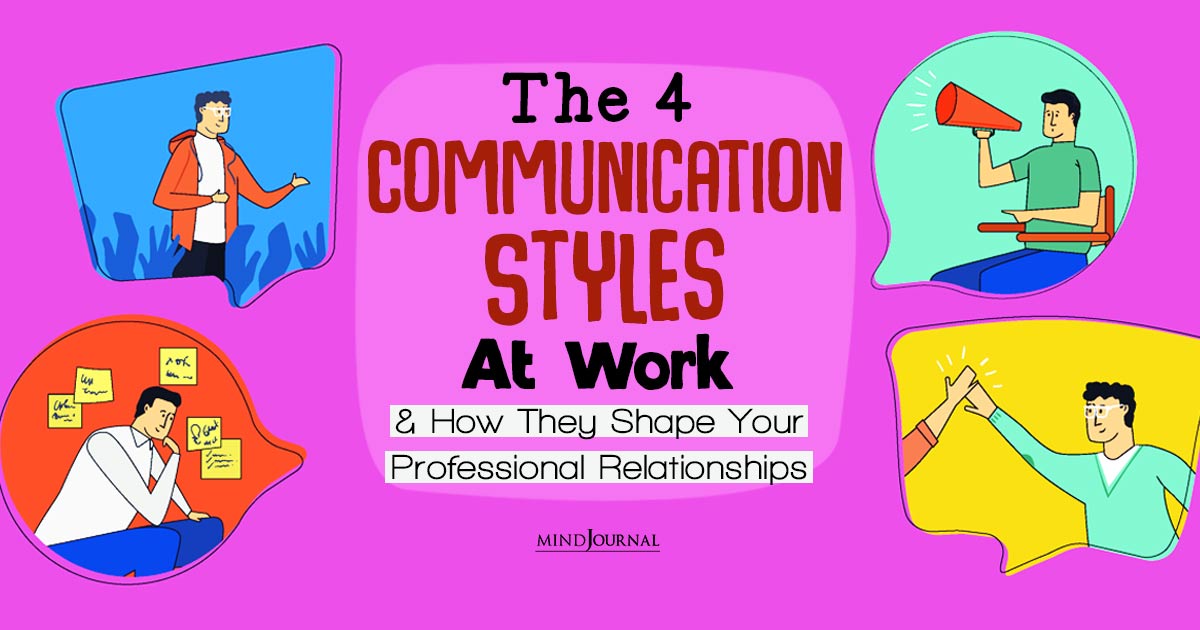One of the major difficulties an employer faces is tackling difficult conversations at the workplace. Many times they find a suitable solution for them, i.e. avoidance. But that actually causes negative consequences for both parties. The best solution is to tackle difficult conversations from the beginning itself to maintain good working relationships.
Over the last generation, companies have committed huge sums of time and money into people development, and yet the same disruptive behavior penetrates business culture. The issue is with difficult conversations!
Whether it’s the rise of the digital world, the increase in virtual and remote teams, or the public naming and shaming that happens across social platforms, people are opting to jump ship instead of working through challenges.
Fears about retribution or rejection often prevent people from speaking up at work, and according to Vital Smarts, every conversation failure costs an organization, on average, $7,500.
While many leaders are comfortable being responsible for multi-million-dollar budgets, the thought of handling an employee’s unpleasant emotional reaction can produce enough anxiety to keep such dialogue at bay. After all, feelings can get messy.
But not having these conversations creates a leadership gap that impacts morale, retention, and bottom line. When you avoid courageous conversations, ripples are created that impede growth.
Here Are 7 Ways To Tackle Difficult Conversations
In other words, bringing people on board for difficult conversations may cause turbulence, but they’re also inevitable, so here are seven ways to land safely with all passengers intact.
1. Bypass Ego

People often wait until an interpersonal situation requires Navy Seal-worthy extraction before addressing it, but the more you avoid conflict, the more emotionally charged it becomes.
Intersecting a pattern of behavior upon first sight is more proactive than the point-of-no-return method. Open, honest and transparent conversations shortly after an issue has arisen is a habit you’ll want to build. Practice makes conversations more comfortable to tackle in the future.
Related: How To Do Ego Work: 6 Steps That Will Help You Deal With Ego
2. Preparation Is King
It’s essential to spend time planning responses to potentially challenging situations that don’t go according to plan. Outright scripted conversation can feel inauthentic and insincere.
Rather, spend time coming up with quality questions to help understand how the situation progressed and everyone’s roles in it. Invest in prevention and its future possibilities.
3. Look Beyond Behavior
Understanding someone’s intent is more productive than hijacking the conversation with blame and shame. A Harvard Business Review article recently highlighted the significance of establishing the right energy going into a difficult conversation by asking yourself, “What’s the best way for this person to hear the message?”
By initiating a conversation about how things are going for them, it creates an opportunity for self-reflection. You can’t be angry and self-reflect at the same time.
Related: The Art of Conversation: 25 Great Conversation Starters
4. Embrace Teachable Moments
Many leaders delay difficult conversations by ignoring behavior that’s incongruent with organizational values, leading to a build-up of emotion over time.
Discussing concerns via email is impersonal and too easy to misinterpret. Be proactive and organize in-person discussions.
5. Be Compassionate
Take the time to step into someone else’s shoes and identify whether any other factors are contributing to the current situation. Your empathy lowers the likelihood of a defensive response. Also, be sensitive to an ideal time or location for the conversation. Neutral sites can help avoid interruption or eavesdropping.
Choose your words carefully, and be mindful of tone and body language. Know your emotional triggers and the limits of your role and responsibility, and if you feel you’ve been triggered, hit the pause button and take a break.
Related: 12 Tips To Self-Love And Compassion
6. Lead With Your Emotions
Check-in with your emotions before, during, and after the conversation to ensure that you are responding and not reacting. Another approach to keep tensions from accelerating is to slow the pace of the conversation.
Moderating your cadence allows you to gather your thoughts and choose words that are congruent with your actions.
7. Co-Create Solutions
When both parties weigh-in, there is an increased chance of behavioral change. Coming out of any such meeting, it’s essential to agree on the outcomes.
Written confirmation shortly afterward helps avoid confusion and prevent misunderstanding, and it typifies how — with a preparedness to listen respectfully and talk honestly — a difficult conversation can become a constructive interaction that’s beneficial for all.
Please share this article with anyone who you may think will find it valuable and helpful.
Written By: Angela Kambouris Connect with her on LinkedIn Originally Appeared On: AngelaKambouris.com Republished with permission.










Leave a Reply
You must be logged in to post a comment.